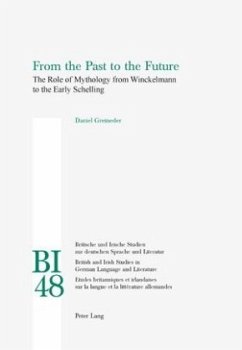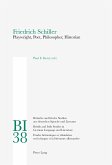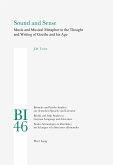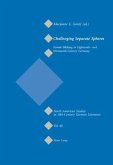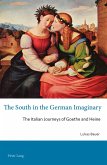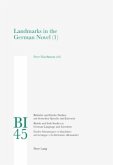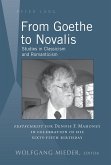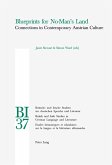The call by German Early Romantic writers for a new mythology is one of the boldest and most unusual demands by any literary theorist. This study asks how an age which variously saw mythology as a historical phenomenon or a collection of artistically useful images came to see the need for its renewal at all. The author traces the evolving role of mythology in the writings of Winckelmann, Herder, Moritz and Schiller and argues that the late eighteenth century saw the emergence of a new conception of mythology which depended less on an established iconography and cultural context and more on the poetic and linguistic functions of mythology. This dehistoricized view of mythology formed the basis of the Romantic project and the author examines the works of Friedrich Schlegel and Schelling as well as the Älteste Systemprogramm des deutschen Idealismus against that background.
Bitte wählen Sie Ihr Anliegen aus.
Rechnungen
Retourenschein anfordern
Bestellstatus
Storno

